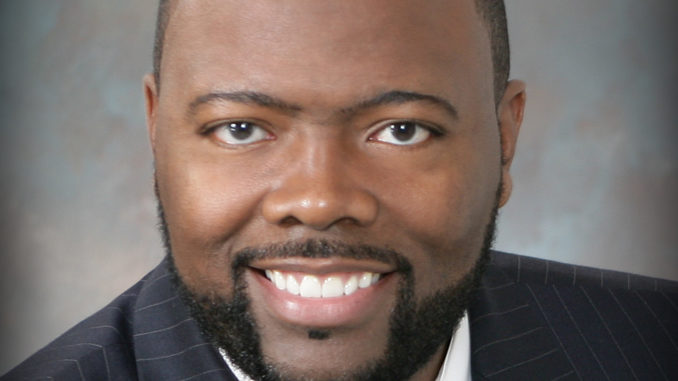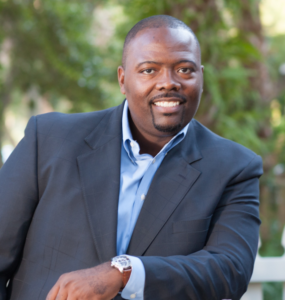

Finally, I get a chance to get back to the series that I wanted to focus on regarding young black professionals in Jacksonville. A few weeks ago I asked a simple question – is Jacksonville a place that young black professionals can thrive?
Special thanks to those who sent emails and even wrote editorial responses. While the question may sound simple, it is actually a very complicated inquiry in which the answers are often times based on a person’s perceptions and life experiences.
For example, I don’t have to conduct a poll to tell you that my friends at the Jax Chamber of Commerce would say that Northeast Florida is a great place for young professionals of all races – especially people of color. Most of my African American friends would probably laugh at the very notion.
One young lady wrote a great response to my last article on this topic and she broke the issue down into two distinct problems facing Jacksonville. She pointed at a systemic or instuitional racism as the primary factor that young black professionals can’t thrive in Duval County.
Her second point is a topic that I plan on covering in this article. “Black professionals in Jacksonville of all generations have failed to create a dynamic, effective network of caring for and supporting each other,” said Veronica Njeri-Imani, an educator and author.
First, let’s deal with the 2,000 pound elephant in the room.
Here is the painful reality about Jacksonville that many of our white citizens do not want to acknowledge or even talk about. This city has had a dark history of racism and bigotry that has affected all aspects of life – from education, housing and hiring practices to government resource allocation and public safety.
That doesn’t mean that Jacksonville isn’t a good place to live.
It means that the city must continue to evolve into a more progressive metropolitan community that welcomes everyone and has genuine opportunities for everyone. The past is just that – the past. We have seen significant progress in this city as it relates to race relations and African American economic and social growth.
But, and there’s always a but, city leaders cannot ignore the past and must acknowledge that Northeast Florida still has a long way to go if we are going to attract and keep young black professionals.
Many of my white friends feel uncomfortable talking about race and the role it plays in this city, state or country.
In a Huffington Post blog, Dr. Robin DiAngelo wrote, “Most whites have a very limited understanding of racism because we have not been trained to think in complex ways about it and because it benefits white dominance not to do so.”
He added, “Whites generally feel free to dismiss these informed perspectives rather than have the humility to acknowledge that they are unfamiliar, reflect on them further, or seek more information.”
Going back to the points raised by Ms. Njeri-Imani, it is impossible understand the challenges that professional blacks face in Northeast Florida without acknowledging the systemic nature of racism.
“Social scientists understand racism as a multidimensional and highly adaptive system — a system that ensures an unequal distribution of resources between racial groups,” said Dr. DiAngelo.
But the racial challenges are just one piece of the puzzle. I try to be as real and objective as possible when writing about topics like this one. And I can’t “keep it real” without pulling out my mirror and taking an introspective look at black folk. Have we developed the support systems – the social and economic infrastructure to nurture and encourage our African American professionals and college grads?
The short answer is no. And I am not “Throwing shade” as the young people say or being disparaging to any local groups, but Jacksonville really has no strong organizations with the mission of growing black businesses or supporting African American professionals. And that is a problem.
Traditionally, organizations like the Urban League or a Black Chamber of Commerce have been a reliable voice on topics like this one, but that is not the case right now. Here is the good news – it’s not too late.
Growing a stable African American Chamber of Commerce is extremely important – most large cities have one. But there also has to be a commitment from city political and business leadership to create real career opportunities for minorities. Cities like Austin, Texas have made a focused effort to recruit young black professionals.
The Greater Austin Chamber of Commerce created a diversity task force three years ago at the request of some city’s larger employers. The effort focused on single, black professionals between the ages of 25 and 40, and what it would take to attract them to the growing city. This is the type of initiative that shows a commitment to promoting diversity and equal opportunity for all.
If Jacksonville is going to start attracting and retaining young black professionals the city needs to have real dialogue about it and make the effort a priority. “Strength lies in differences, not in similarities,” said Stephen Covey.
Signing off from the Jax Chamber of Commerce (parking lot),
Reggie Fullwood

Be the first to comment